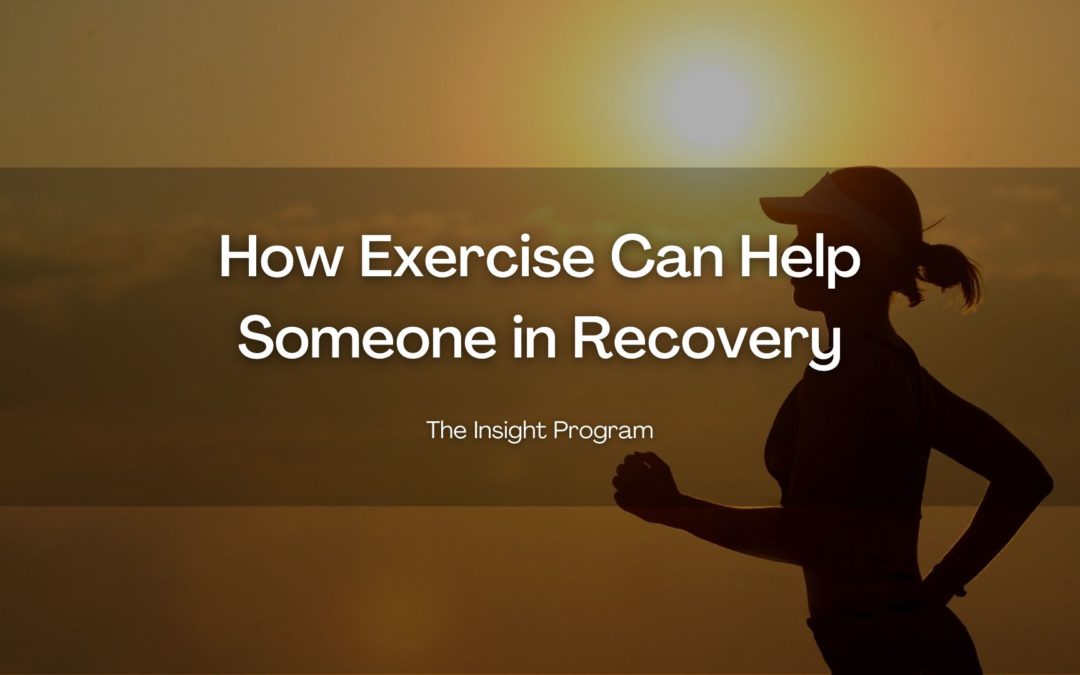Exercising regularly can greatly benefit those recovering from drug or alcohol addiction. Treatment centers will even incorporate exercise into their programs in order to help their clients achieve a successful recovery.
When drugs and alcohol are abused, it affects both body and mind. Addiction changes the body chemistry and can leave an individual feeling anxious, depressed, and overwhelmed. However, exercising can help to alleviate these symptoms and promote positive results.
For those who are newly in recovery or for those who have been away from substances for a long time, exercise can provide a range of benefits. Here are six ways that exercise can benefit recovery from alcohol or drug use.
- Stress Reduction: Stress can be an issue for many in recovery, leading to relapse if not managed properly. Exercise helps reduce stress by releasing endorphins in the brain, which can improve feelings of well-being and happiness.
- Better Sleep: Related to stress, many people in recovery have difficulty getting the rest they need. Regular exercise can help improve the quality and quantity of sleep, helping the body return to a normal state.
- Improved Mood: Mood changes are common in recovery, and exercise can help. Physical activity releases endorphins in the brain, helping people naturally feel happier and better.
- Increased Energy: Exercise can give you an energy boost, adding natural spring back into your step. Regular exercise can help the body adjust to its new circumstances.
- Stronger Immune System: Getting regular exercise can help protect against serious conditions such as cancer, stroke, heart disease, depression, diabetes, and osteoporosis.
- Prevention of Relapse: Research suggests that regular exercise can increase the abstinence rate for substance use by 95 percent. Exercise can help manage stress, depression, and anxiety, all of which can contribute to substance use.
Exercise is a beneficial aspect of recovery from alcohol or drug abuse. Physical activity releases endorphins, which produce similar effects as those released from abusing substances. Exercising during recovery helps reintroduce healthy endorphins back into the body.
Studies have shown that regular exercise is an effective treatment for drug abuse when used in combination with other methods of recovery. Treatment facilities often offer exercise options to patients to choose from, allowing them to find the activity that best suits their preferences. Exercise, when incorporated into an addiction recovery plan, can be a powerful tool to help on the road to recovery.

